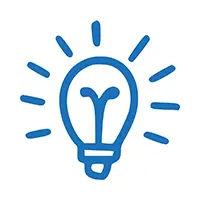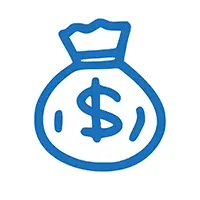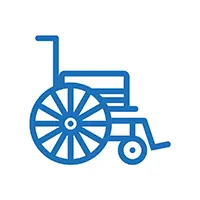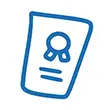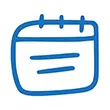Published 22 November 2022
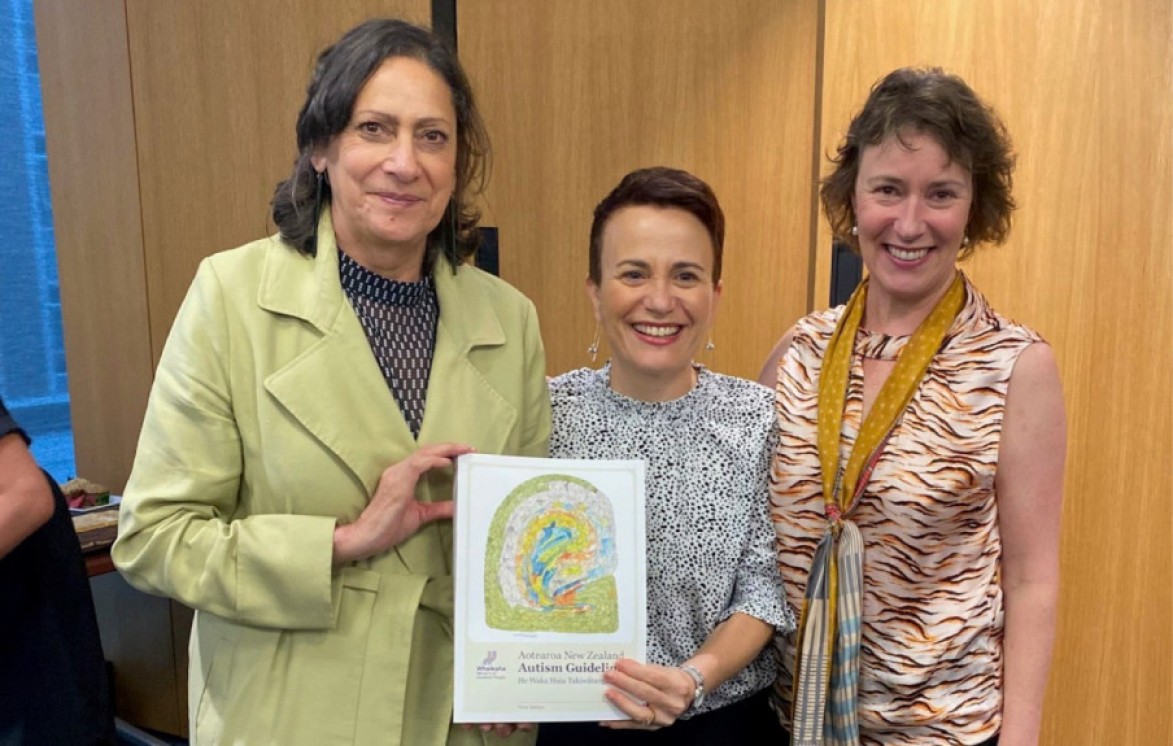
Image description: Poto Williams, Paula Tesoriero and Marita Broadstock at the Autism Guideline launch. Poto Williams is wearing a lime coat, Paula Tesoriero is wearing a cheater-print black and white blouse and Marita Broadstock is wearing a zebra-print
Learn more about the Autism Guideline (external link) (external link)
The release of the latest edition of the Aotearoa New Zealand Autism Guideline – He Waka Huia Takiwātanga Rau has been welcomed by Minister for Disability Issues Poto Williams.
The Guideline provides an opportunity to better understand and communicate best practices for supporting autistic people and their families and whānau. It also provides a framework for improving services, based on robust and reliable information.
"Every person has the right to live in an inclusive community where they can access education, health and other services in ways that support their sense of belonging.
This evidence-based practice guideline supports that kaupapa," says Poto Williams.
It was the world’s first ‘living guideline’ when it was originally released in 2008, and is to be regularly updated to remain responsive to the needs of autistic people in this rapidly evolving field.
A new title 'Aotearoa New Zealand Autism Guideline. He Waka Huia Takiwātanga Rau' has also been gifted for the third edition of this publication. The kupu means 'A vessel for housing our many precious taonga'.
"This ‘living’ Guideline is a world-leading collaborative effort of researchers, clinicians, educators, community service providers, and government agencies. Crucially, it has been informed by the perspectives and language preferences of autistic people, te ao Māori experts, and Pacific Peoples experts, and I recognise the dedication of all these contributors."
"In June I was proud to launch Whaikaha - Ministry of Disabled People. Whaikaha reflects this Government’s commitment to the disability community and towards the realisation of a true partnership between Government and disabled people, tāngata whaikaha, their whānau, carers and supporters."
"A key intent of Whaikaha is to give full effect to the collective voices of disabled people – this Guideline is one such tool to support this important work for those with autism."
"Whaikaha has a mandate to work effectively with other government agencies to help improve outcomes for disabled people. This latest edition of the Guideline has been proudly led by Whaikaha - Ministry of Disabled People in partnership with the Ministry of Education."

